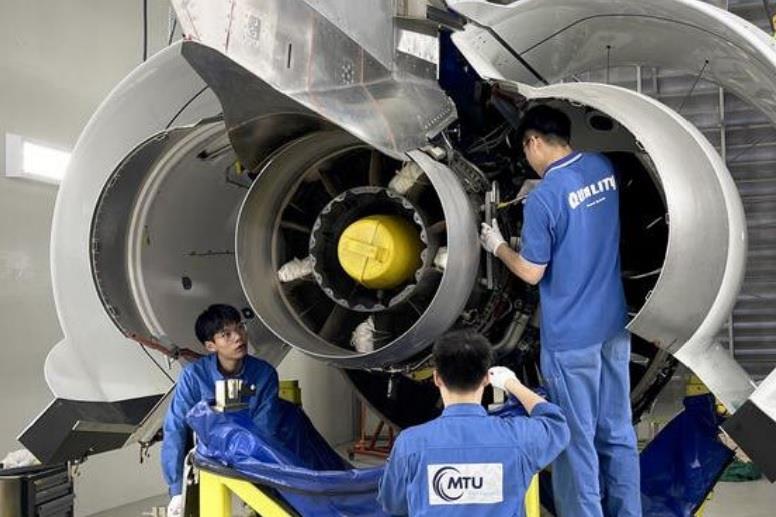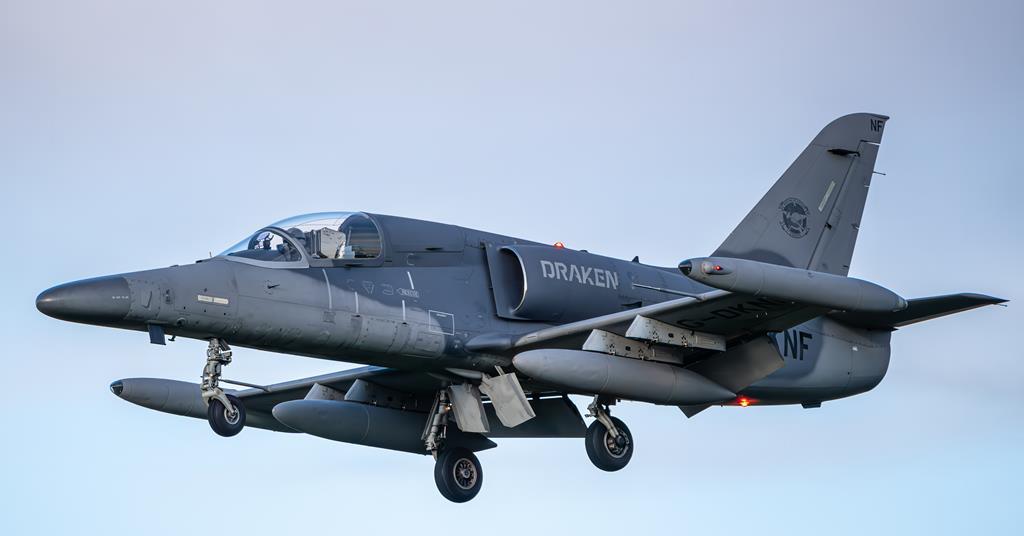Play to shut Icelandic hub and shift entire fleet to Malta under takeover plan
Company
Legal Links
Contact
- +44 7947 753363
- contact@skylineairporttransfers.co.uk
- 6 Walsall Street Bilston Wolverhampton WV14 0AT
© Skyline Airport Transfers. Created by![]() Beaphoenix WebDesign ltd
Beaphoenix WebDesign ltd
Popular Locations:
Birmingham: Aston, Bournville, Edgbaston, Erdington, Great Barr, Hall Green, Handsworth, Harborne, Northfield, Quinton, Soho, Sutton Coldfield, Amblecote, Brierley Hill, Coseley, Cradley, Gornal, Halesowen, Kingswinford, Lye, Netherton, Sedgley, Stourbridge, Quarry Bank, Bearwood, Blackheath, Cradley Heath, Great Bridge, Old Hill, Rowley Regis, Smethwick, Tipton, Tividale, Wednesbury, West Bromwich, Balsall Common, Bickenhill, Castle Bromwich, Chelmsley Wood, Dorridge, Elmdon, Hampton in Arden, Kingshurst, Knowle, Marston Green, Meriden, Monkspath, Hockley Heath, Shirley, Aldridge, Birchills, Bloxwich, Brownhills, Darlaston, Leamore, Palfrey, Pelsall, Pheasey, Shelfield, Streetly, Willenhall, Bilston, Blakenhall, Bushbury, Compton, Ettingshall, Heath Town, Oxley, Penn, Tettenhall, Wednesfield, Burntwood, Lichfield, Cannock, Rugeley, KIDDERMINSTER, Brierly Hill,
STOURPORT-ON-SEVERN
Coventry: Allesley, Binley, Keresley, Stoke, Tile Hill
Leicester: Abbey Rise, Ashton Green, Aylestone, Beaumont Leys, Bede Island, Belgrave, Blackfriars, Braunstone, Braunstone Frith, Bradgate Heights, Clarendon Park, Crown Hills, Dane Hills, Evington, Evington Valley, Eyres Monsell, Frog Island, Goodwood, Hamilton, Highfields, Horston Hill, Humberstone, Humberstone Garden, Kirby Frith, Knighton, Mowmacre Hill, Netherhall, Newfoundpool, New Parks, North Evington, Northfields, Rowlatts Hill, Rowley Fields, Rushey Mead, Saffron, Southfields, South Knighton, Spinney Hills, Stocking Farm, Stoneygate, St. Matthew’s, St. Mark’s, St. Peters, Thurnby Lodge, West End, West Knighton, Western Park, Woodgate
Derby: Matlock, Ripley, Ashbourne, ILKESTON, SWADLINCOTE , BURTON-ON-TRENT, BAKEWELL,
ALFRETON, BELPER, HEANOR
Telford: Market Drayton, Newport, Shifnal, Broseley, Much Wenlock
Stoke: Stoke-on-Trent, Newcastle, Leek, Uttoxeter, Stone, Stafford
Worcester: Worcester, Droitwich, Pershore, Broadway, Evesham, Malvern, Tenbury Wells
Gloucester: Gloucester, Cheltenham, Stroud, Cirencester, Tewkesbury, Badminton, Berkeley, Blakeney, Chipping Campden, Cinderford, Coleford, Drybrook, Dursley, Dymock, Fairford, Lechlade, Longhope, LydbrookLydney, Mitcheldean, Moreton-in-Marsh, Newent, Newnham, Ruardean, Stonehouse, Tetbury, Westbury-on-Severn, Wotton-under-Edge.
Nottingham: Nottingham, Sutton-in-Ashfield, Mansfield, Newark, Southwell, Grantham, Sleaford
Leicester: Leicester, Hinckley, Loughborough, Melton Mowbray, Oakham Market, Harborough, Lutterworth, Wigston, Ashby-de-la-Zouch, Ibstock, Markfield
Oxford: Oxford, Kidlington, Chipping Norton, Thame, Wallingford, Didcot, Wantage, Abingdon, Banbury, Carterton, Woodstock, Bicester, Witney, Chinnor, Watlington
Chester: Chester, Deeside, Bagillt, Buckley, Holywell, Birkenhead, Preston, Wallasey, Wirral, Neston, Ellesmere Port, Prenton
Airports we serve:
BHX: Birmingham Airport
EMA: East Midlands Airport
LHR: London Heathrow Airport
MAN: Manchester Airport
LGW: London Gatwick Airport
LTN: London Luton Airport
SOU: Southampton Airport
BRS: Bristol Airport
LPL: Liverpool John Lennon Airport
LCY: London City Airport
STN: London Stansted Airport



Budget carrier Play is poised to shut down its transatlantic operation and transfer its entire fleet to Malta’s registry, as part of a proposed takeover bid.
Two shareholders in Play – its chief executive and vice-chair – are seeking to acquire the entire share capital of the Reykjavik-based operator.
Under the takeover plan, which broadens a diversification initiated last year, the transatlantic bridge routes to North America via Reykjavik would be closed after the summer season.
Play will surrender its Icelandic air operator’s certificate and shift its entire fleet of 10 Airbus A320neo-family jets entirely to the Maltese AOC – under the name Play Europe – obtained earlier this year.
Four aircraft would remain based Reykjavik to serve the leisure market, primarily operating services to southern Europe and north Africa, along with a “select” number of northern European cities.
“The offering of flights to sunny destinations from Iceland will remain strong,” it says.
Play’s other six aircraft will be offered for lease. It insists the demand for modern narrowbodies is “high”, given supply constraints, and that its A320neo-family aircraft – fitted with CFM International Leap-1A engines – are “particularly attractive”.
Play has already entered a two-and-a-half year lease agreement with SkyUp covering four aircraft, and says “discussions are ongoing with several counterparties” for the remaining two.
Chief executive Einar Orn Olafsson and vice-chair Elias Skuli Skulason are aiming to take over Play through a special-purpose vehicle called BBL 212.
The two individuals hold a combined 20% of Play.
BBL 212 has obtained $7 million in financing in preparation, but will need to secure a further $13 million to support a formal offer and fund Play’s operations. The proposed offer is IcKr1 – less than 1 US cent – per share.
Play was originally established to serve transatlantic routes but its unit revenues have remained below expectations – a situation the carrier attributes to disruption from the pandemic, geopolitics, and redeployment of capacity to transatlantic services in the wake of airspace closures.
It also argues that introduction of longer-range single-aisle aircraft “reduces reliance” on hub-and-spoke networks.
While the hub-and-spoke operations to North American are set to end, Play Europe has nevertheless filed an application with US authorities to operate charter services on transatlantic routes, under the US-European ‘open skies’ pact.
Source link
Share This:
skylinesmecher
Plan the perfect NYC Memorial Day weekend
Pack only what you need and avoid overpacking to streamline the check-in and security screening…
LA’s worst traffic areas and how to avoid them
Consider using alternative routes, such as Sepulveda Boulevard, which runs parallel to the 405 in…
GTF shop visits continue to drive commercial maintenance revenues at MTU
MTU Aero Engines is expecting continuing strong demand for powerplant maintenance, with the persisting Pratt…
Draken boosts UK ‘Red Air’ service delivery with L-159E after completing first depot-level inspection
Adversary training specialist Draken has completed a first depot-level inspection on one of the Aero…
Rolls-Royce lifts Trent engine durability-improvement target
Rolls-Royce has hiked the durability improvement target for its Trent engine time-on-wing programme, raising the…
Strong aftermarket drives up Rolls-Royce aerospace profits despite dip in engine deliveries
While supply-chain issues dragged engine deliveries down last year, Rolls-Royce’s financial performance in civil aerospace…
Airbus plots European-developed version of autonomous H145M helicopter
Airbus Helicopters is actively pursuing a domestically-developed autonomous uncrewed version of its H145M light-twin for…
Canada’s first Pilatus PC-21 Siskin II trainer enters flight-testing in Switzerland
Pilatus has completed the first flight of a PC-21 trainer produced for the Royal Canadian…
French navy receives final upgraded ATL-2 maritime patrol aircraft
France has completed a major upgrade to its navy-operated fleet of Dassault-Breguet ATL-2 maritime patrol…
BK 160 crashed into lake during upset-recovery training but cause remains elusive
Dutch investigators have been unable to determine conclusively why a Blackshape BK 160 descended rapidly…
Ex-GTLK Europe 777-300ERs sold for engine and spares recovery
Joint liquidators of the Russian-linked leasing firm GTLK Europe have sold three Boeing 777-300ERs to…
BAE Systems expands UAS technology pact with US partner Survice Engineering
BAE Systems’ FalconWorks unit is to expand its collaboration with US partner Survice Engineering, after…